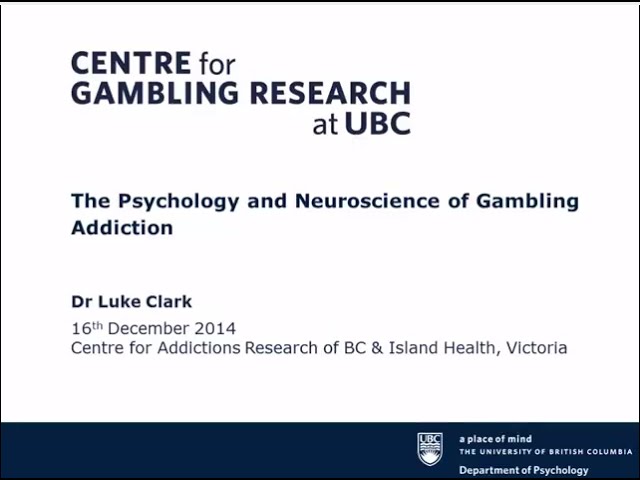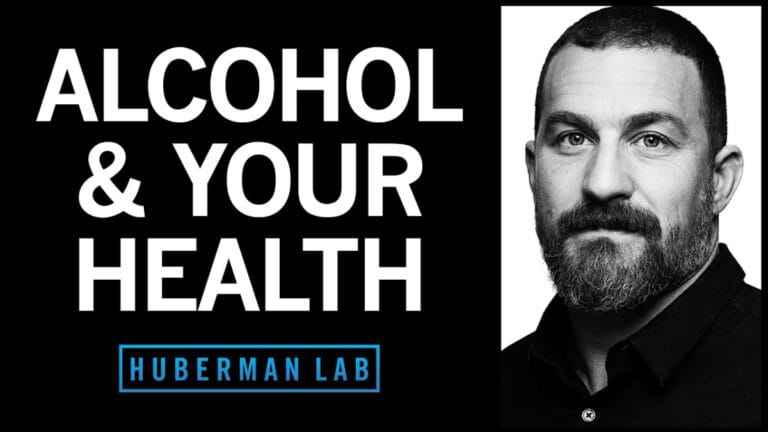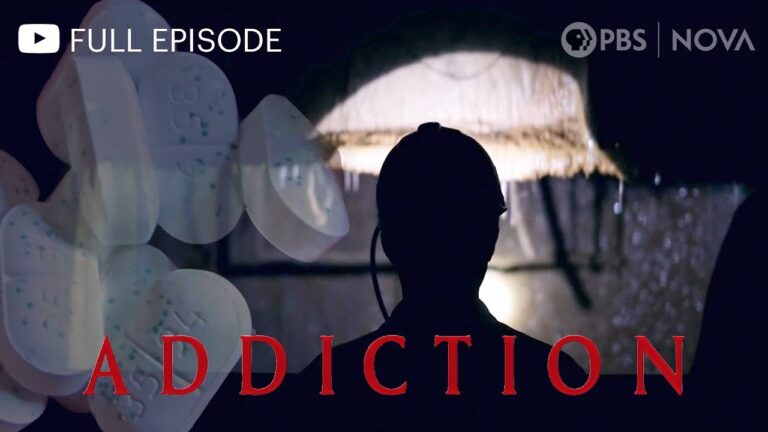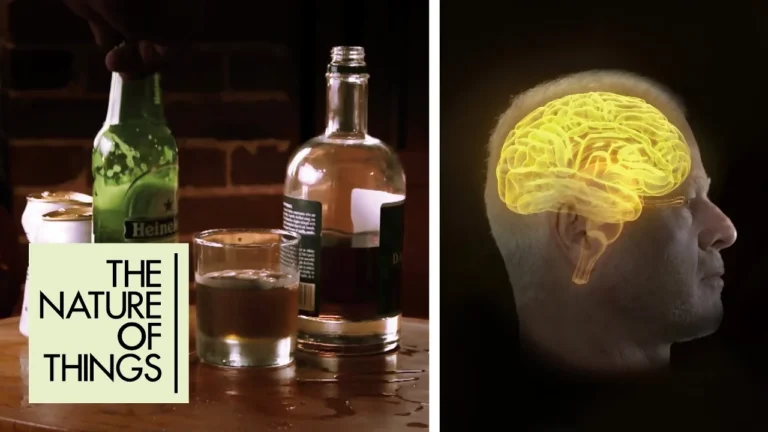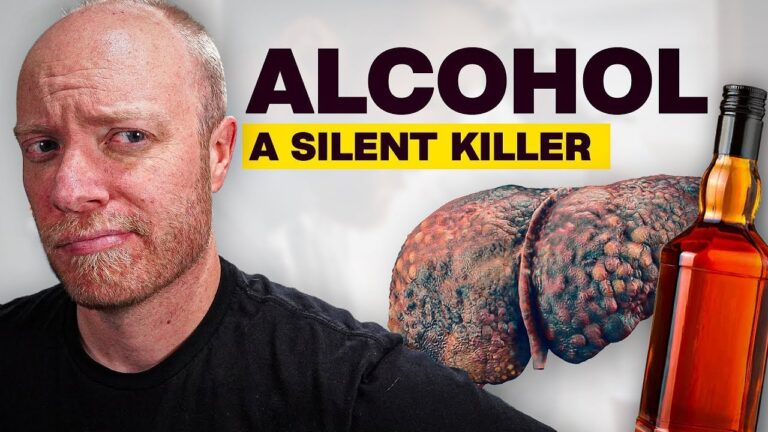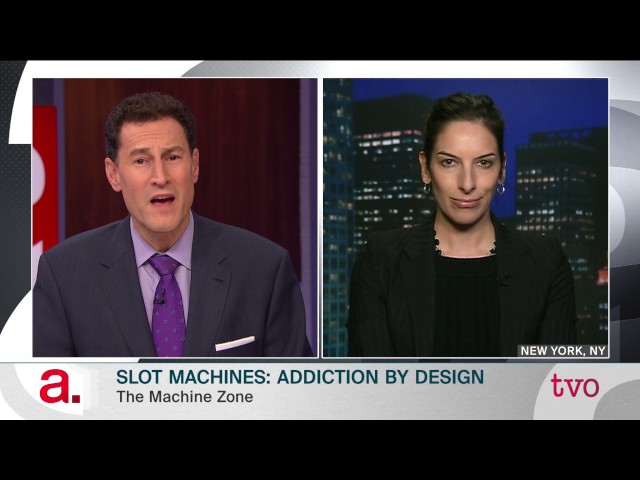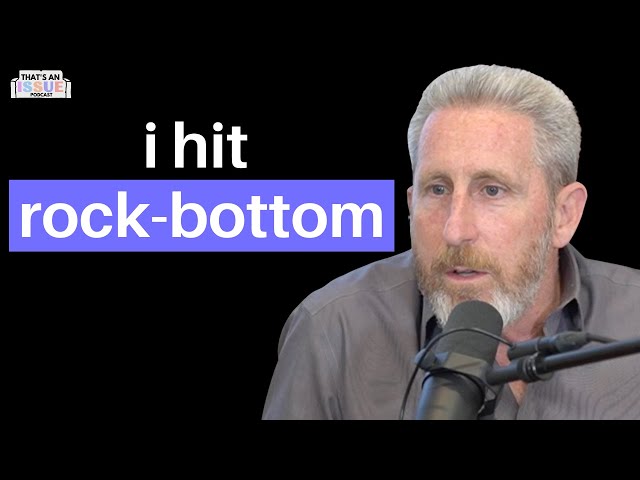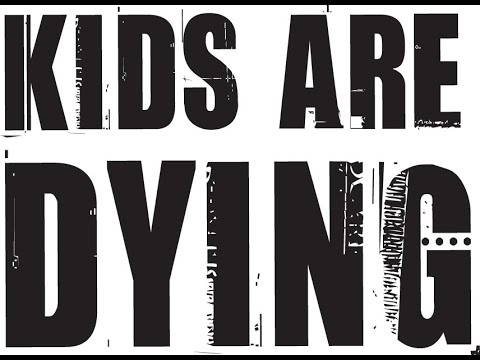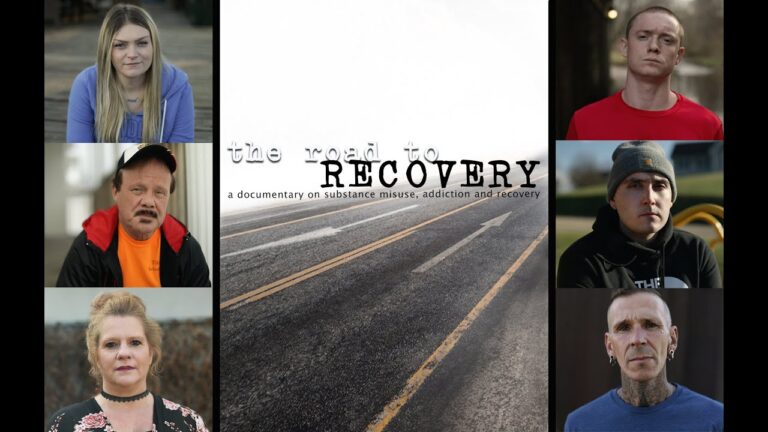Introduction
In this episode, Dr. Andrew Huberman discuss cannabis (aka marijuana), including the biological mechanisms underlying its effects on the mind and body, its known medical applications, its impact on libido, creativity, hunger, hormones and more. He also covers the known adverse health consequences of chronic and even acute (one-time) use and the factors that determine if cannabis is helpful or harmful.
Additionally, he details how the various strains of cannabis: sativa, indica and hybrid strains, can produce such divergent effects depending on the strain type, THC-to-CBD ratio, total dosage, and frequency of use. He reviews why cannabis can impact speech patterns and one’s propensity to develop anxiety/depression during and after use and, in some individuals, paranoia.
As the legal landscape for cannabis is rapidly evolving, this episode should interest a wide audience, including former/current cannabis users, those in the medical, sports, law enforcement, and educational communities and, of course, children, teenagers, and parents. [Taken from YT description]
Watch Now!
Quotes
“Put simply, endogenous cannabinoids tend to decrease the probability that a neuron will release neurotransmitter. They’re sort of a break on the system. They’re a way of shutting down the communication between neurons, regulating it, not to make it completely quiet, but to adjust the levels with a lot of nuance.”
“The endogenous cannabinoids are sometimes increasing neuronal communication. This can lead to increases in mood or increases in the likelihood that someone will talk a certain way or behave a certain way or feel a certain way. That can also lead to decreases in synaptic transmission, that is communication between neurons, in ways that will make somebody’s mood lower, or will make them less hungry or more hungry.”
“THC and CBD and other components of cannabis are highly what we call lipophilic. That is, they have an affinity toward, and they can actually pass through fatty tissues.”
“In general, the prefrontal cortex is going to be activated by the sativa varieties, which is going to increase thinking and narrowly constrain focus to some activity … The indica varieties tend to lead to a suppression of activity in prefrontal cortex, believe it or not, and turn off thinking and planning. This is why indica varieties are often used for relaxation and for promoting sleep.”
“Cannabis can increase dopamine transmission, that is dopamine levels, in certain brain areas, in particular brain areas involved in thinking and planning. So cannabis increases dopamine in these areas. Elevated dopamine increases divergent thinking, and divergent thinking is associated with creativity, and there are studies that support the idea that cannabis can increase creativity.”
“Chronic cannabis use does not necessarily mean that people are smoking cannabis or ingesting cannabis every day … Chronic use is regular use over time of anywhere from twice a week or more.”
“There’s an entire literature on inspiratory, inhaling, versus expiratory laughs, and there’s also a literature on cannabis altering the pattern of inspiratory and expiratory laughs. It almost sounds like a sarcastic laugh when, in fact, they may not be feeling sarcastic at all.”
“Some people experience a lot of sexual arousal from cannabis and THC in particular, and some people do not, in fact, they experience suppression of sexual desire, and it’s always been a little bit mysterious as to why that is.”
“Whether or not you smoke or vape tobacco or cannabis, you are severely impairing the function of endothelial cells that make up the capillaries and blood vessel sof your brain and body, and that is known to decrease cognitive capacity over time, increase probability of strokes, severely impact lung function, and also lead to things like peripheral neuropathies. It leads to sexual dysfunction, because of lack of blood flow to the genitals, can lead to other aspects of reproductive damage, including to the ovaries and testes.
“Endogenous cannabinoids are present in the adult brain and body and endogenous cannabinoids, it turns out, are also present in the developing fetus. In fact, endogenous cannabinoids are present at much greater levels in the developing fetus than they are after a child is born, and levels of endogenous cannabinoids actually go down across development … What this means is that endogenous cannabinoids and activation of the CB1 and CB2 receptors are an integral part of neural development, and this is going to become especially relevant in considering whether or not pregnant mothers should or should not use cannabis or CBD, and it also points to some very interesting biology in terms of how the brain develops and how the body develops.”
“We now know, based on really solid epidemiological evidence, that depression is not a strong predictor of seeking out cannabis. It doesn’t drive terribly many people to seek out cannabis use, but cannabis use, itself, makes people four times likelier to develop a chronic major depression. So anxiety is increasing, depression is increasing, and this turns out to be especially relevant and important to young people.”
“If you look at individuals who start using cannabis, even younger, age 14, or even as young as 12, the probability of psychosis later in life, in particular schizophrenic or schizophrenic-like episodes more than doubles.”
Continue Learning
Hey there! I hope you found this resource useful! If you’re interested in learning more about some of the topics discussed, you can browse through these additional resources. Please don’t hesitate to contact me if you need help with anything else.
Cannabis
- 2-Minute Neuroscience: CBD
- 2-Minute Neuroscience: THC
- A Simple Guide to the Endocannabinoid System
- Cannabis (National Institute on Drug Abuse)
- Chronic Cannabis Use in Everyday Life: Emotional, Motivational, and Self-Regulatory Effects of Frequently Getting High
- Clearing the Smoke on Cannabis: Regular Use and Cognitive Functioning [PDF]
- Heavy Cannabis Use, Dependence and The Brain
- Marijuana Side Effects: Physical, Mental, and Long-Term Effects
Share Your Opinion
If you have finished reviewing this resource and have some spare time, I would greatly appreciate it if you could provide your opinion. Was it useful and informative? Did you run into any problems or find something distasteful? I’m thankful for any constructive and helpful feedback to help me improve.
* Your review will be for this specific post and as a result will affect the star rating of the resource. All submissions are reviewed for approval to filter out spam and inappropriate comments. Your email is requested as I may want to follow-up with you. Please also be aware that your review may be placed publicly on this website for others to read.
There are no reviews yet. Be the first one to write one.
